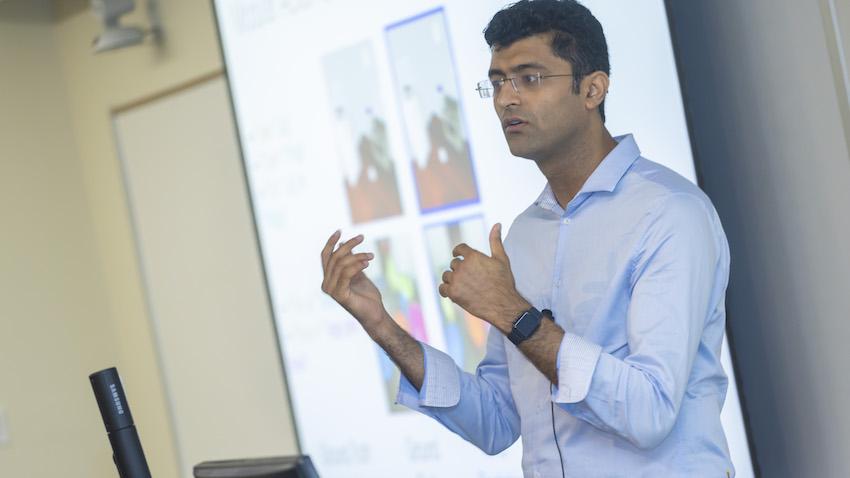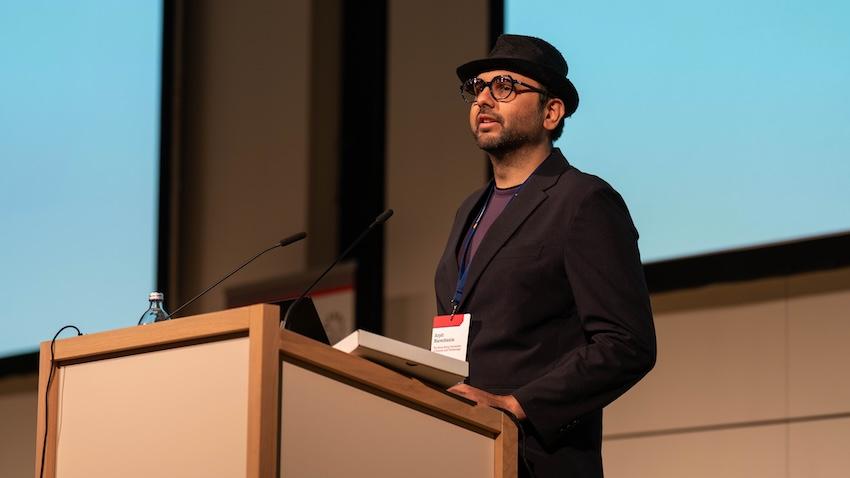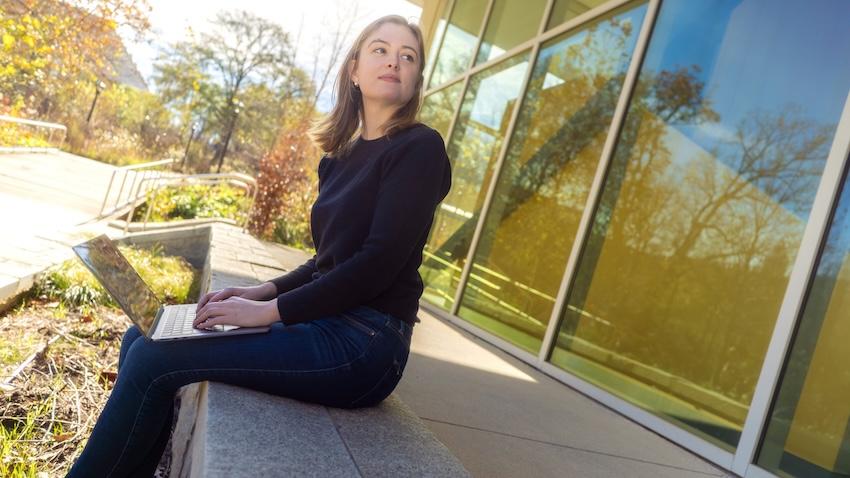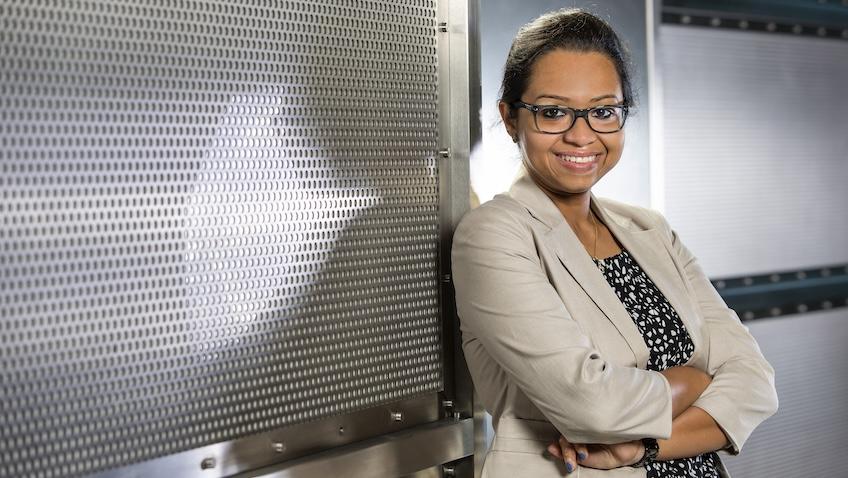
Georgia Tech Best Place to Be With Robotics Boom on Horizon, Says New Faculty Member
Animesh Garg sees a boom on the horizon for advancements in robot manipulation.
It’s an exciting time to be in the field of robotics, he said, and that’s why the new assistant professor in the School of Interactive Computing wants to be at Georgia Tech.
“The robotics faculty at Georgia Tech is particularly strong,” he said. “The reorganization and refocus of the Institute for Robotics and Intelligent Machines and the Machine Learning Ph.D. program is something that is also very special among our peer group universities.”
Garg described his research as unlocking “common sense” for robotics. In essence, he thinks carefully about mistakes that robots might make in the real world and how to preempt them before deployment.
He said building common sense into robots could be the difference over the next few years if robotics researchers are to reach a new pinnacle of achievements.
“Common sense reasoning in real-world robotics is the challenge of the next decade,” he said.
“Robots have a lot of requirements for common sense. Simple things like don’t pack glassware under heavy stuff. We should think about these problems holistically and not trying to build robots in isolation.”
Garg earned his master’s degree in industrial engineering from Georgia Tech in 2011. He also has a master’s in computer science and a doctorate in machine learning and robotics from the University of California-Berkley.
Garg spent the past four years teaching robotics, reinforcement learning, robot manipulation, and computer vision at the University of Toronto. He is also a senior research scientist at Nvidia, working on machine learning for robot manipulation.
It’s an exciting time to be in the field of robotics, he said, and that’s why the new assistant professor in the School of Interactive Computing wants to be at Georgia Tech.
“The robotics faculty at Georgia Tech is particularly strong,” he said. “The reorganization and refocus of the Institute for Robotics and Intelligent Machines and the Machine Learning Ph.D. program is something that is also very special among our peer group universities.”
Garg described his research as unlocking “common sense” for robotics. In essence, he thinks carefully about mistakes that robots might make in the real world and how to preempt them before deployment.
He said building common sense into robots could be the difference over the next few years if robotics researchers are to reach a new pinnacle of achievements.
“Common sense reasoning in real-world robotics is the challenge of the next decade,” he said.
“Robots have a lot of requirements for common sense. Simple things like don’t pack glassware under heavy stuff. We should think about these problems holistically and not trying to build robots in isolation.”
Garg earned his master’s degree in industrial engineering from Georgia Tech in 2011. He also has a master’s in computer science and a doctorate in machine learning and robotics from the University of California-Berkley.
Garg spent the past four years teaching robotics, reinforcement learning, robot manipulation, and computer vision at the University of Toronto. He is also a senior research scientist at Nvidia, working on machine learning for robot manipulation.


